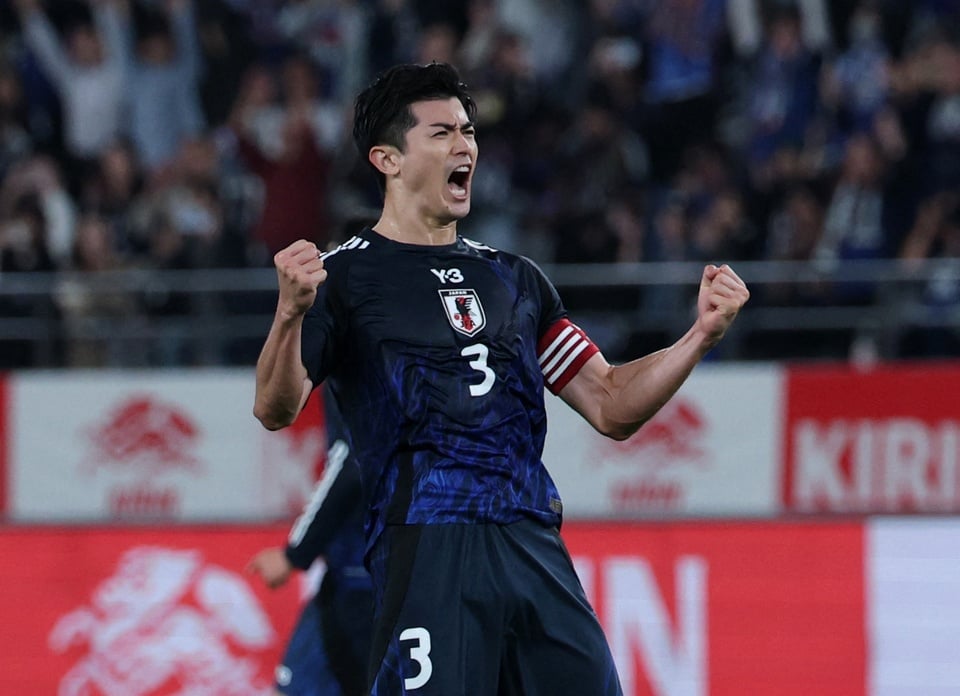 |
Japan has improved. |
It was a bold statement: Japanese football was no longer an Asian fairy tale, but a model of a football built with vision and intelligence.
One victory, one message
In the past, when hearing about the Japan-Brazil match, fans often thought of a lopsided match. But on October 14 in Tokyo, the scenario was reversed. The “Blue Samurai” were trailing 0-2, but in just 20 minutes of the second half, Minamino, Nakamura and Ueda scored consecutively, completing a 3-2 comeback against the five-time world champions.
It's no longer a fluke or a one-off phenomenon - it's the result of three decades of strategic development.
Since the establishment of J.League in 1992, Japan has determined that they cannot “buy” success with money, but must build it with a system: professionalizing clubs, investing in academies, improving coaching standards, and remaining steadfast in the philosophy of “Japanese people for Japanese football”. While many Asian footballing nations still rely on naturalized players to fill the gaps, Japan has put its faith in its own strength - and they have proven that choice correct.
Against Brazil, Japan did not play like underdogs. They pressed aggressively, maintained a tight structure, coordinated well and maintained the intensity of a European team. They were not overwhelmed by the legendary yellow jersey, but played with an equal mentality. Most frightening of all: they believed they deserved to win.
In those 90 minutes, Japan didn't just beat Brazil - they beat the world's default perception of the gap between Asia and the rest.
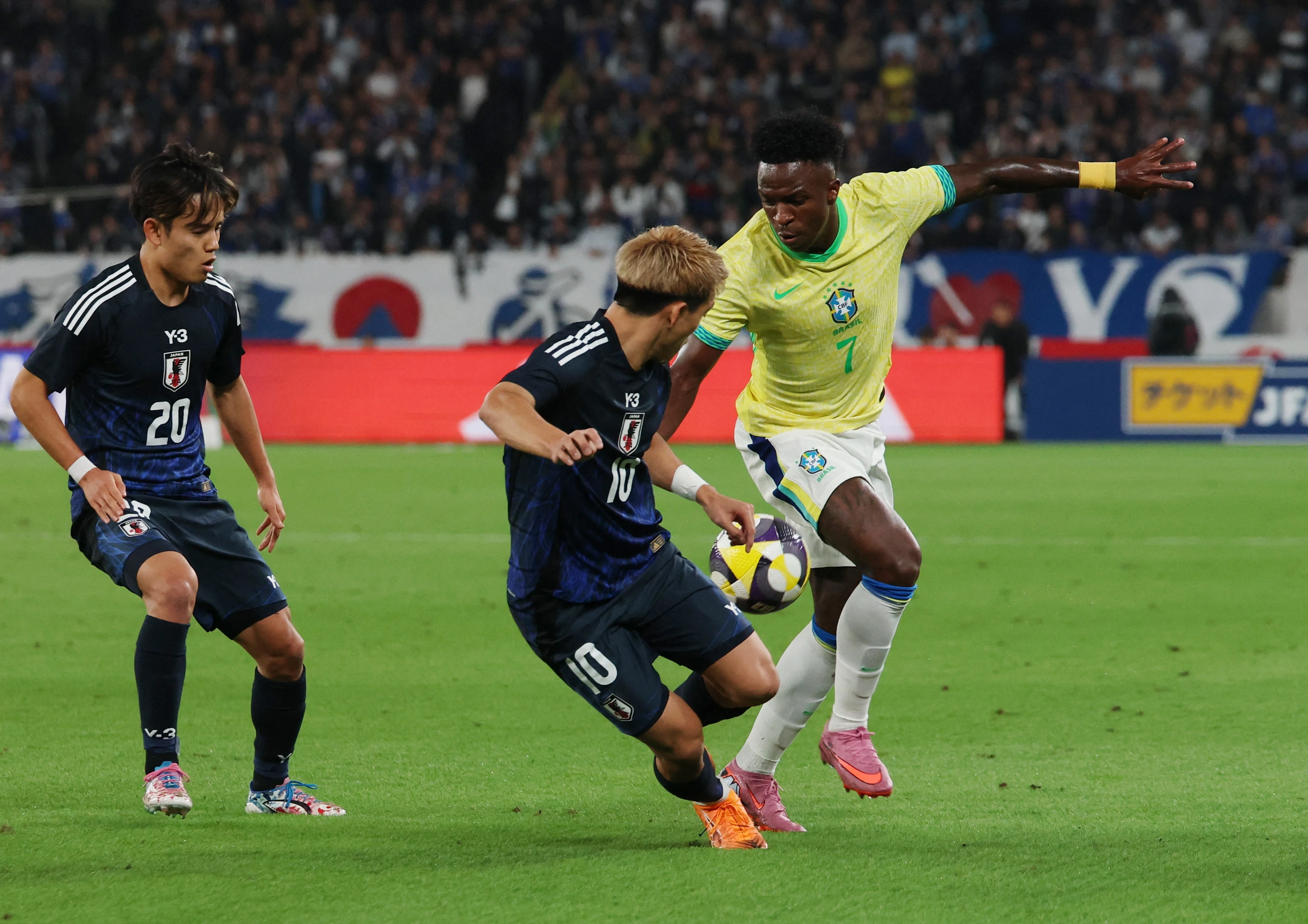 |
The recent victory over Brazil did not come naturally. |
If there is one secret to Japan’s footballing rise, it is consistency and discipline. The generation of players in the 1990s and 2000s – from Nakata to Ono to Honda – laid the foundations for their ambitions to reach the world stage. The generations that followed, nurtured by the J.League, were the result of a continuous value chain where youth development, sports science and playing philosophy were intertwined like a complete production line.
Japanese players are trained from a young age not only in skills but also in tactical awareness, training attitude and team spirit. They understand that if they want to play in Europe, they have to work like Europeans - but still maintain the Asian identity of humility and sophistication.
Today, the Japanese national team roster is the clearest proof: Endo at Liverpool, Kamada at Crystal Palace, Mitoma shining in the Premier League, Doan in the Bundesliga, Kubo shining in La Liga. They are no longer “Japanese strangers in Europe”, but pillars in top clubs.
J.League has also been “Westernized” both physically and tactically. Japanese clubs cooperate with many European academies, thereby opening the way for young players to go abroad early. This preparation helps them not to suffer from culture shock or run out of breath when going to Europe, on the contrary, they mature faster.
Thanks to that, Japan has become the most profound football nation in Asia. They can replace half of the team and still maintain their strength in regional tournaments. While many Asian teams depend on a few stars, Japan has an entire ecosystem of players, coaches and fitness experts working in sync.
When Asia looks to Japan
Japan’s influence has spread across Asia. South Korea, Saudi Arabia and Uzbekistan have all followed the systematic model of development: focusing on academies, training coaches, and improving domestic leagues. But the gap remains. Japan is not only going faster, it is going in the right direction – sustainably and consistently.
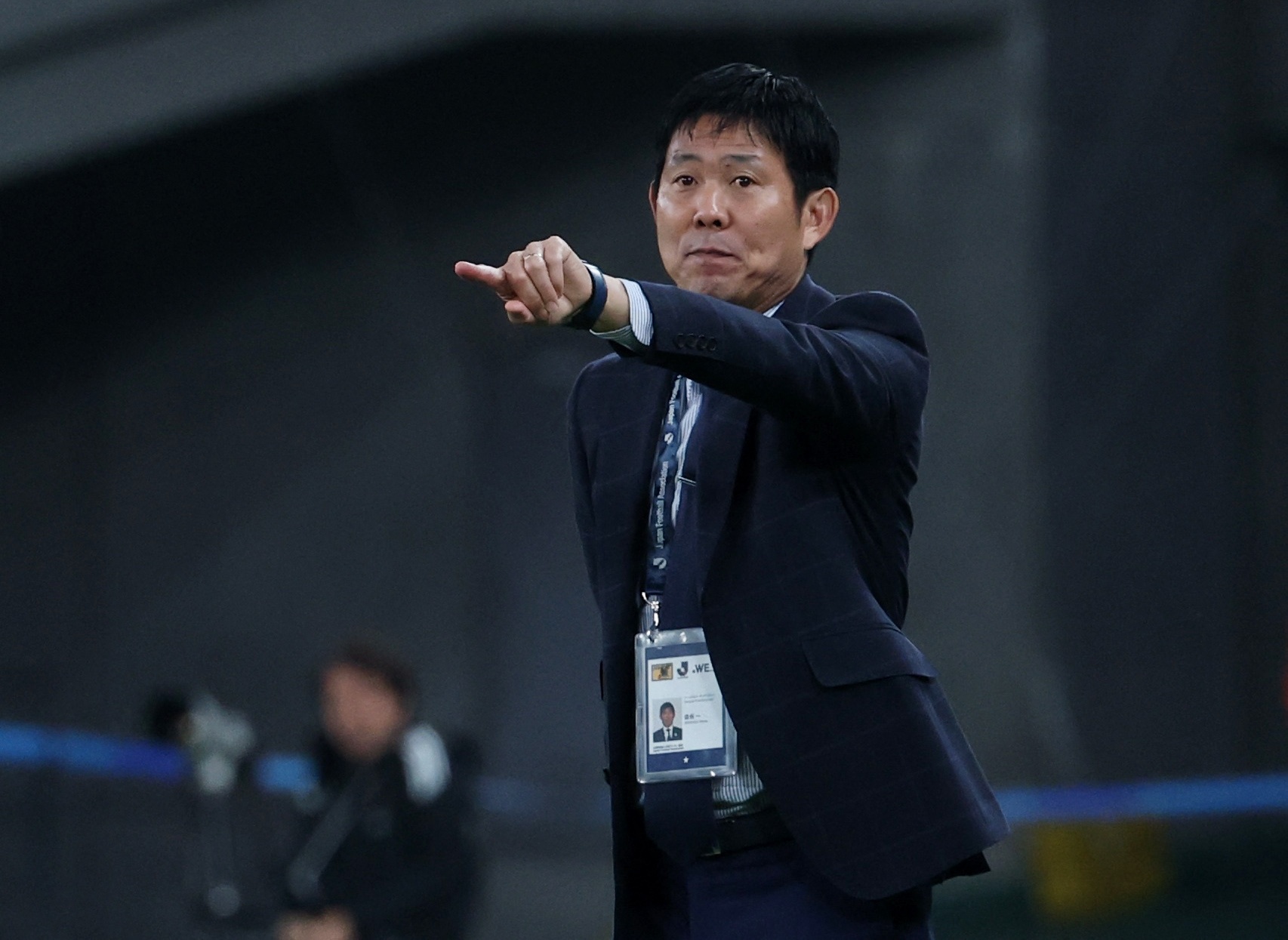 |
Coach Hajime Moriyasu is doing very well with the Japanese team. |
At the 2022 World Cup, Japan stunned the world by defeating Germany and Spain to top the “group of death”. And now, just three years later, they have defeated Brazil - the team that all of Asia once considered “an insurmountable mountain”.
This is not a “golden generation,” but a golden production line. Japan does not create one-time stars—it creates a system that constantly generates new stars.
Coach Hajime Moriyasu understands that. He does not want his team to stop at memorable victories, but sets the goal of "winning the 2026 World Cup" - a bold but well-founded statement.
For him, success does not come from miracles or luck, but from gradual progress, remaining humble but fearless.
While many Asian football nations are still struggling with issues of naturalization, management or short-term vision, Japan has operated like a true football powerhouse: with a grassroots system, a domestic championship to support the team, demanding fans, and above all - a long-term plan.
Japan is no longer chasing history. They are preparing to rewrite it. And the victory over Brazil is just a gentle reminder to the world: don't be surprised if one day, the one lifting the World Cup trophy is a team from Asia - named Japan.
In short, Japan did not go faster because they were luckier, but because they knew where they were going. While other countries were looking for shortcuts, Japan patiently took the long road. They did not seek recognition - they built trust. And now, after three decades of perseverance, the world has had to admit: Japanese football has become the standard that the rest of Asia must follow.
Source: https://znews.vn/malaysia-indonesia-nen-cap-sach-hoc-nhat-ban-post1594070.html





![[Photo] Nhan Dan Newspaper launches “Fatherland in the Heart: The Concert Film”](https://vphoto.vietnam.vn/thumb/1200x675/vietnam/resource/IMAGE/2025/10/16/1760622132545_thiet-ke-chua-co-ten-36-png.webp)
![[Photo] General Secretary To Lam attends the 18th Hanoi Party Congress, term 2025-2030](https://vphoto.vietnam.vn/thumb/1200x675/vietnam/resource/IMAGE/2025/10/16/1760581023342_cover-0367-jpg.webp)



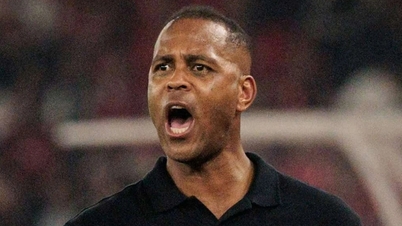
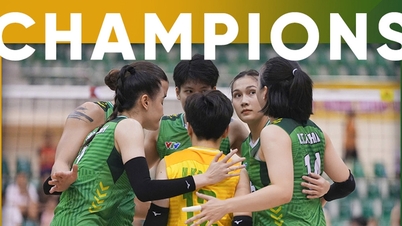

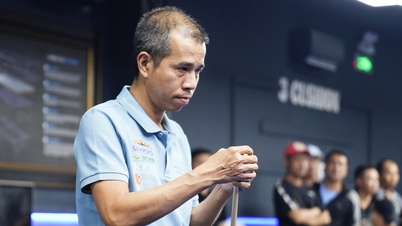


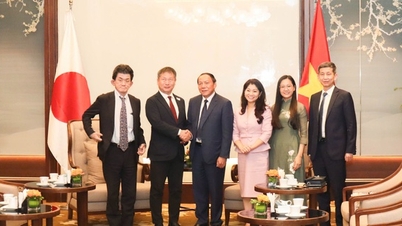





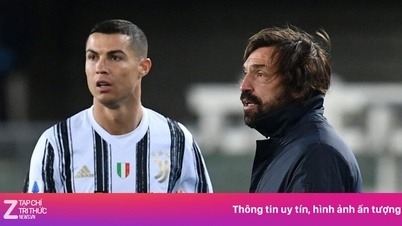

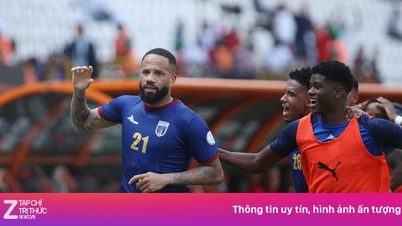
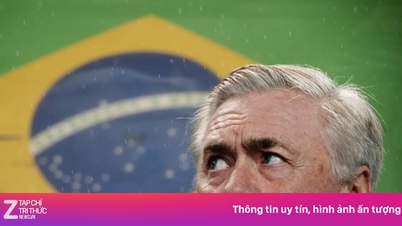









![[Video] TripAdvisor honors many famous attractions of Ninh Binh](https://vphoto.vietnam.vn/thumb/402x226/vietnam/resource/IMAGE/2025/10/16/1760574721908_vinh-danh-ninh-binh-7368-jpg.webp)


























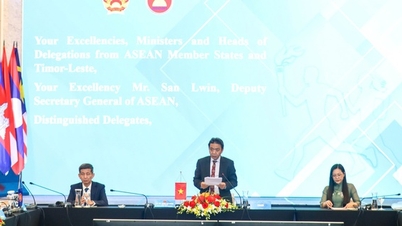
![[Photo] Nhan Dan Newspaper launches “Fatherland in the Heart: The Concert Film”](https://vphoto.vietnam.vn/thumb/402x226/vietnam/resource/IMAGE/2025/10/16/1760622132545_thiet-ke-chua-co-ten-36-png.webp)

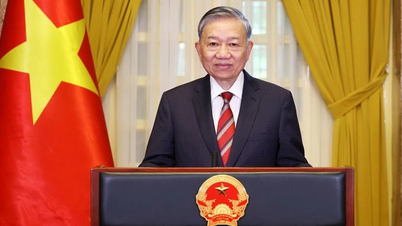




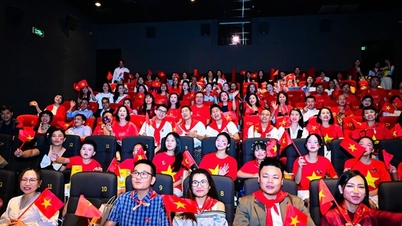
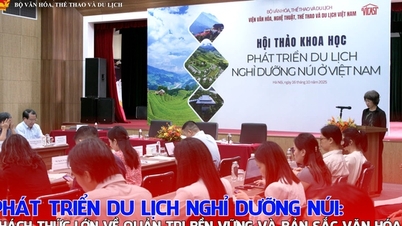
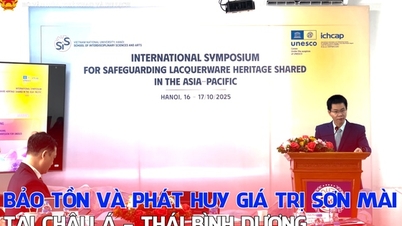

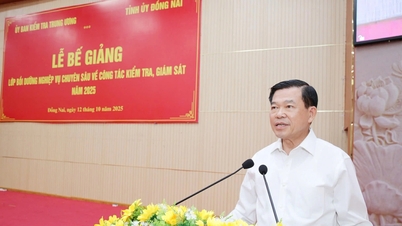



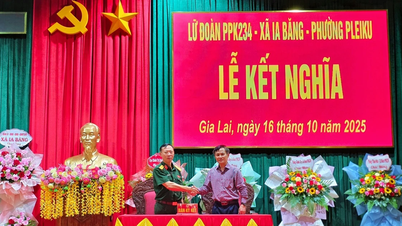

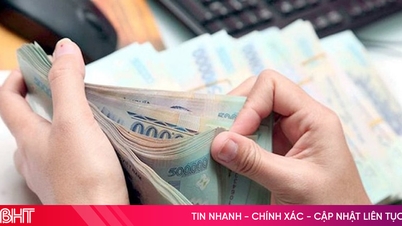



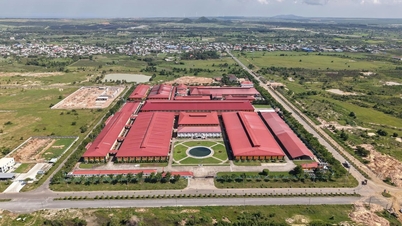

















Comment (0)